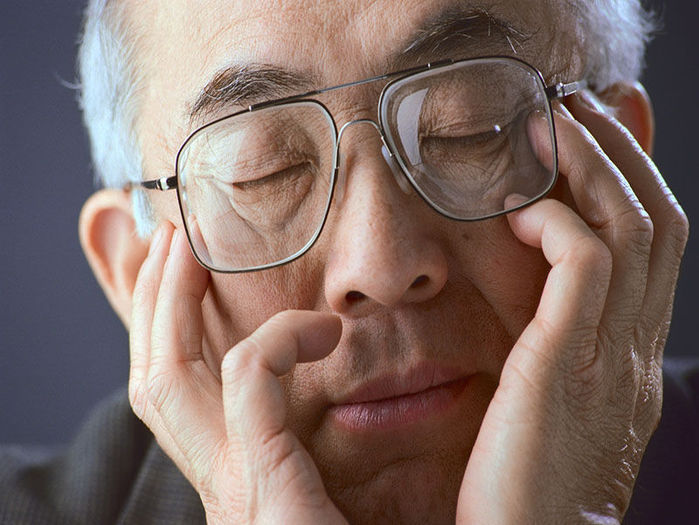Today, we are living longer and are in better health, overall, during our retirement years than in previous generations.
In 1950, the average American who was 65 could expect to live another 14 years in retirement, seven of those years in good health. Today, once people reach age 65, they can expect to live 19 years with about two-thirds of that time in good health. As a result, we can expect to have the greatest amount of free time in history!
How do we spend all of that time? Sadly, societal expectations about aging and our retirement years have not yet changed. Geriatricians and researchers in aging and health say older people are generally unprepared for this increased longevity. The National Council on Aging tells us that people ages 65 to 75 spend the great majority of their time either sleeping or in leisure activities. This includes an average of 4.5 hours per day watching TV and very little time, only one hour a day, doing things that proactively contribute to our own well-being and that of others.
But longstanding evidence shows that the best way to boost the chance of living a longer and active life is to follow some advice most likely heard at home: eat well, exercise regularly, get plenty of sleep, and stay away from bad habits.
Research has shown that healthful behaviors can help you stay active and healthy into your 60s, 70s and beyond, and regular physical activity is identified by geriatricians and researchers on aging and health as the most important activity associated with living longer and healthier.
Physical activity is especially important to lengthening active life expectancy, which is life without disease and without physical or cognitive disability.
That said, natural changes to the body as we age can lead to a gradual loss of muscle, reduced energy, and achy joints and these changes may reduce the motivation to move regularly and sit less.
The cycle can be daunting challenge but there are ways to find the types of physical activity that can help you maintain your health and mobility. It’s important to work with your doctor to find the types of physical activity that you can relate to, and incorporate into your daily activities.
The Pima Council on Aging is one local resource that helps older adults maintain function and independence through a series of six evidence-based health promotion classes. Next month it is starting a new series of 10 weekly classes dubbed the Aging Mastery Program, a national program of the National Council on Aging, at St. Mark’s United Methodist Church in Northwest Tucson.
Karen Ring, Healthy Living Program Coordinator at PCOA in Tucson says participants love the Aging Mastery Program, and say, ‘What’s next!?.’ “They want to learn more, stay engaged, and stay connected with friends they have made,” said Ring. She directs the local program.
PCOA was handpicked to test the innovative new curriculum for the National Council on Aging. The core mission of the Aging Mastery Program is to help people enjoy meaningful lives. In other words, we need to master the art of aging and prepare for this gift of longer life.
In Tucson, the Aging Mastery Program aims to change societal expectations about the roles and responsibilities of older adults, over time, and to create fun and easy-to-follow pathways for getting more out of life, as tangible results of mastering the tenets of healthier aging.
Expert speakers, group discussion, peer support and small rewards will give participants the skills to achieve measurable improvements. Cost for all 10 classes is $99.
You can register for the new 10-week sessions spanning the period of the next three months by calling PCOA at 305-3409.
The first of 10 classes begins Tuesday, Sept. 13, and is limited to 40 participants. Each class lasts 90 minutes, and materials are provided at each session. Reservations for up to 40 participants will be accepted until Sept. 2.
National results from pilot sites across the country have shown that program participants have significantly increased their social connectedness, physical activity levels, healthy eating habits and use of advanced planning. About 98 percent of participants said their quality of life improved, and 99 percent said the program was fun.





